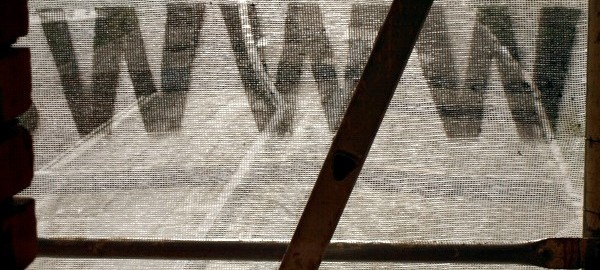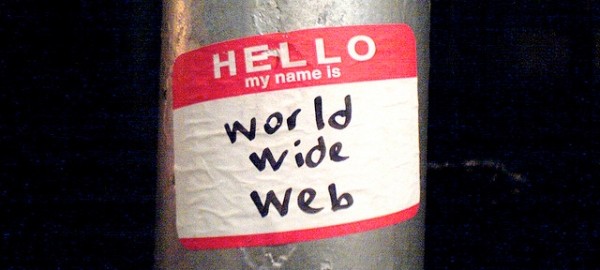Update: For the latest information on the Web Literacy standard work, head to http://mzl.la/weblitstd
TL;DR version: Mozilla is working with the community to define a new open learning standard for Web Literacy. A standard helps with consistency of approach. We need a standard for three reasons: to mark the area as important, to co-ordinate efforts, and to improve the experience for the learner. You can get involved with this work here: http://mzl.la/weblitstd
Posts in this series:
- Introduction
- What? Why?
- Who?
- How?
What is a learning standard? Why do we need one for Web Literacy? Before I answer these two questions, I’d like to invite you to an online gathering next week and a Google Group to discuss this further. The community wants to hear your voice!
What we’re talking about here is an open learning standard. It’s open as the standard will be publicly available. It will also be revisable by the community. It’s a learning standard because it applies to educational activities and resources. It may also become somewhat of a technical standard depending upon the consensus around, for example, metadata. However, we’re interested in the ‘spirit’ rather than the letter of the law.
ISO, the International Organization for Standardization, defines a standard in the following way:
A standard is a document that provides requirements, specifications, guidelines or characteristics that can be used consistently to ensure that materials, products, processes and services are fit for their purpose.
Although this sounds rather draconian, standards are effectively about co-ordination. We fully recognise and value learner choice but recognise much unnecessary duplication and effort. We want to build towards a common goal and hope others will join us.
It might help to parse the ISO definition of a ‘standard’ and drill down a bit further:
“A standard…”
Words are signifiers; we can use whatever we want to represent something so long as we all agree. However, declaring this a ‘standard’ marks out this work as important, as something that a significant number of people believe is important enough to co-ordinate their efforts around.
“…is a document that provides requirements, specifications, guides or characteristics…”
In the case of an open learning standard for Web Literacy this is a canonical framework to which organisations can choose to align. This framework will be the result of consensus within the community and should evolve as the Web evolves. In the first instance it is likely to consist of the areas that learners need to level-up with their skills to work towards becoming web literate.
“…that can be used consistently…”
If this wasn’t a standard, then it is likely that initial work in this area would be adapted, modified and changed by many different people and organisations. Whilst there is no problem with this in and of itself, creating an open learning standard for Web Literacy ensures consistency of experience to the learner. Creating a standard also allows the learner to ascertain their knowlege, skills and understanding in relation to a more objective framework than may otherwise be available.
“…to ensure that materials, products, processes and services are fit for their purpose.”
Mozilla isn’t interested in becoming a regulatory body. This standard is something to which organisations may voluntarily align. However, there is scope through Mozilla’s Open Badges Infrastructure (OBI) for endorsement to provide some kind of endorsement and/or enhanced social proof.
I hope this makes sense. Essentially, we want to create a new, open learning standard for Web Literacy for three reasons:
- To mark the area as important
- To co-ordinate efforts
- To improve the experience for the learner.
In following posts I’ll be exploring how we might get to defining a standard for Web Literacy and who should/could be involved.
Don’t forget to join us for the kick-off online gathering next week!
Image CC BY-NC-SA jakedobkin



